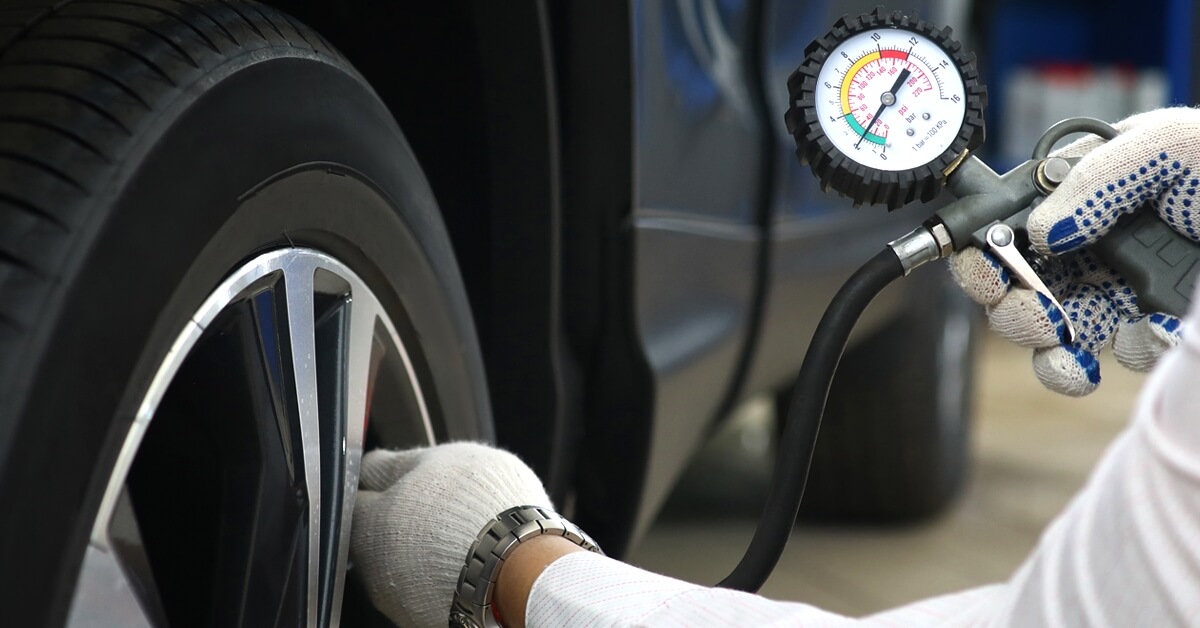When it comes to maintaining your car’s tyres, proper inflation is key to ensuring safety, fuel efficiency, and longevity. In recent years, nitrogen tyre filling has gained popularity in India as an alternative to regular air. But is nitrogen really better for your car tyres, or is it just a marketing gimmick?
In this article, we break down the facts about nitrogen tyre filling—its benefits, limitations, and whether it’s worth switching from regular air.
What Is Nitrogen Tyre Filling?
Nitrogen filling means inflating your tyres with pure nitrogen gas (N₂) instead of regular air, which is a mix of about 78% nitrogen, 21% oxygen, and 1% other gases. By removing oxygen and moisture from the mix, nitrogen filling claims to offer better tyre performance.
Nitrogen is used in racing cars, aircraft tyres, and heavy commercial vehicles—but what about everyday passenger cars?
Benefits of Nitrogen in Tyres
1. Slower Pressure Loss
Nitrogen molecules are larger than oxygen molecules, so they leak out more slowly through the rubber walls of a tyre.
- This means tyre pressure stays stable for a longer period.
- Useful for drivers who don’t check their tyre pressure regularly.
2. Reduced Moisture and Corrosion
Regular air contains moisture, which can:
- Cause the inner lining of tyres to degrade over time.
- Corrode metal rims, especially in tubeless tyres.
Nitrogen is dry and inert, reducing internal oxidation and helping to preserve wheel components.
3. Improved Fuel Efficiency and Tyre Life
With more stable tyre pressure:
- There’s less rolling resistance, improving fuel economy.
- Tyres wear more evenly, extending their lifespan.
These effects, however, depend more on maintaining the correct pressure than on the type of gas used.
4. Better Performance in Extreme Temperatures
Nitrogen pressure remains more stable across a wide range of temperatures.
- In long highway drives, hilly terrains, or extreme heat, tyre pressure doesn’t fluctuate as much.
- Useful for vehicles used in performance or commercial environments.
Limitations of Nitrogen Filling
1. Limited Availability
- Nitrogen filling stations are still not available everywhere in India, especially in rural or tier-2/3 cities.
- You may need to switch back to regular air if you can’t find nitrogen nearby.
2. Higher Cost
- Nitrogen filling usually costs ₹30–₹50 per tyre, while air is free or inexpensive.
- Top-ups may also incur charges.
3. Minimal Difference for Daily Driving
- For regular city driving and short commutes, the performance benefits of nitrogen are marginal.
- As long as you check your tyre pressure regularly, normal air works just fine.
Can You Mix Air and Nitrogen?
Yes, it is safe to top up a nitrogen-filled tyre with regular air if you’re low on pressure and nitrogen isn’t available. However, this dilutes the purity of nitrogen, reducing its long-term benefits.
If you mix the two, you can return to a nitrogen station later to purge and refill your tyres.
Should You Switch to Nitrogen?
Choose Nitrogen Filling If:
- You often forget to check tyre pressure.
- You drive long distances or frequently go on highway trips.
- You want to minimize moisture in tyres and wheels.
- You use alloy wheels and want to prevent rim corrosion.
Stick to Regular Air If:
- You drive mostly in the city or short distances.
- You check and maintain tyre pressure regularly.
- You don’t have easy access to nitrogen stations.
- You prefer a cost-effective, convenient option.
Final Thoughts
Nitrogen filling offers real advantages—especially in maintaining stable tyre pressure and reducing moisture—but the benefits are not dramatic for everyday drivers. The most important factor is not what you fill your tyres with, but how well you maintain them.
If you’re consistent with pressure checks and avoid over- or under-inflation, regular air is perfectly fine for most Indian drivers. But if you value convenience, drive long distances, or want that extra edge in tyre care, nitrogen could be a worthwhile upgrade.

